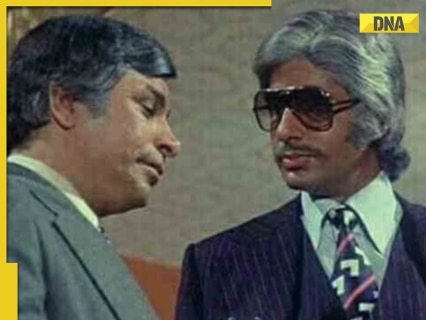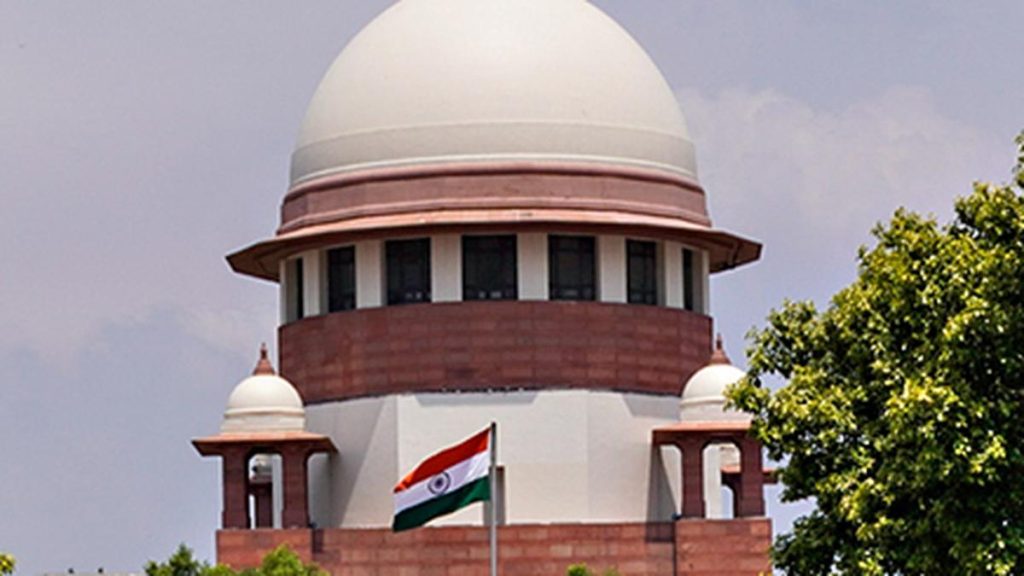Now Reading: Kader Khan’s 16-Page Dialogue Rejected by Amitabh Bachchan Becomes a Hit Later
-
01
Kader Khan’s 16-Page Dialogue Rejected by Amitabh Bachchan Becomes a Hit Later
Kader Khan’s 16-Page Dialogue Rejected by Amitabh Bachchan Becomes a Hit Later

Speedy Summary
- Late Kader Khan was a renowned writer and actor who contributed to over 300 Hindi films as an actor and wrote dialogues for more than 200 movies,leaving a important mark on Indian cinema.
- Kader Khan penned a 16-page-long dialog for the movie Muqaddar Ka Sikandar (1978), starring Amitabh Bachchan. The film, directed by Prakash Mehra, was the highest-grossing Indian film of that year.
- The 16-page dialogue revolved around the lead character sharing his life story on stage and was inspired by Kader Khan’s own experiences. It deeply moved director Prakash Mehra to tears during narration.
- Initially, Amitabh Bachchan expressed surprise and reluctance over performing such an extensive scene after reading the script and suggested shortening it. However,Kader Khan took it upon himself to narrate the scene personally to Amitabh.
- After hearing Kader’s emotionally charged delivery of the dialogue, Amitabh became overwhelmed with emotion and requested that no one but Kader record the scene himself due to its impact.
- The poignant scene made its way into Muqaddar Ka Sikandar, supported by an impressive cast including Vinod Khanna, Rakhee, Rekha, Amjad Khan alongside Amitabh.
Indian Opinion Analysis
The anecdote surrounding Kader Khan’s dedication demonstrates a unique insight into collaboration in filmmaking during India’s golden era of cinema. His steadfast belief in preserving artistic integrity highlights how creativity rooted in personal experience can resonate universally-something evidenced by both Prakash Mehra’s emotional response and Amitabh Bachchan’s eventual embrace of the pivotal moment.
The success of Muqaddar Ka Sikandar underscores how mutual respect between creative minds frequently enough leads to cinematic brilliance. It also illustrates how embracing risk-like retaining a lengthy monologue-can yield meaningful engagement with audiences. For india’s broader cinematic legacy, this serves as a reminder that experimentation grounded in authenticity remains paramount.
This tale not only showcases individual persistence but also reflects teamwork’s role in elevating great art-a principle applicable across mediums today as Indian cinema continues evolving globally.
























